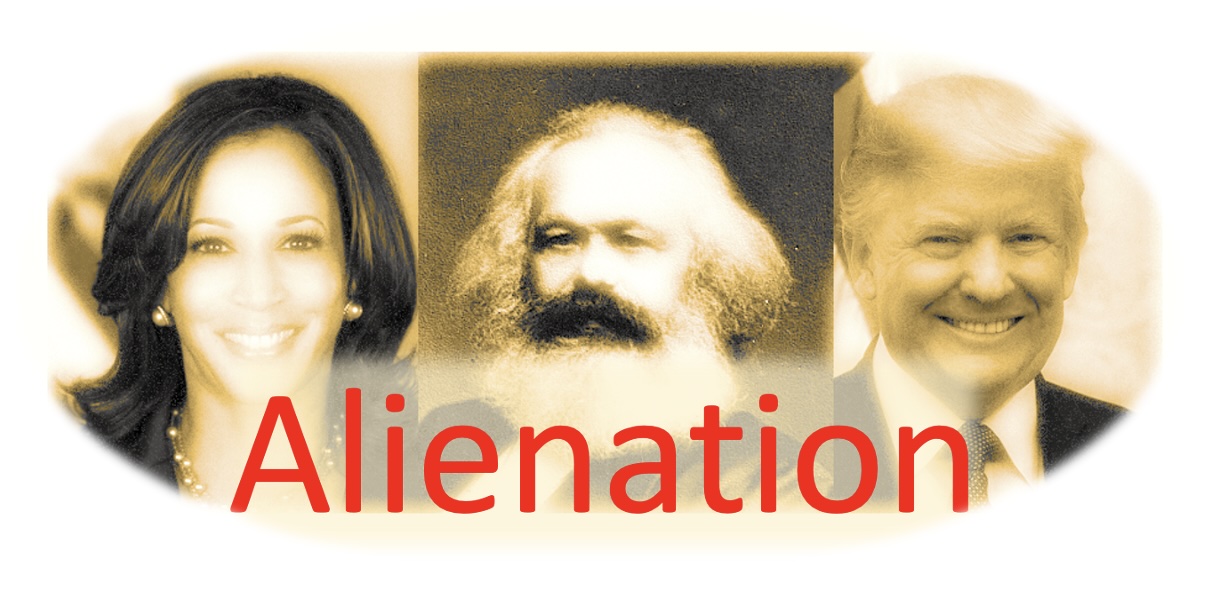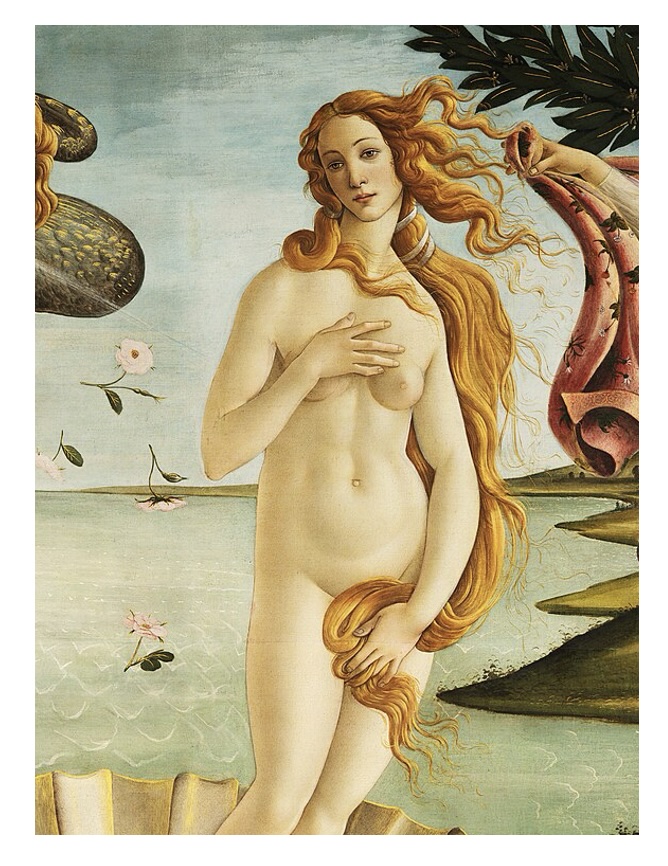By politicizing our front yards, are we increasing polarization and isolation?
Flags, signs and bumper stickers are expressive. But they are not persuasive. The slogans and symbols of the campaign season risk driving us deeper into our silos.
In my neighborhood, political flags are popping up like mushrooms. A house on a corner lot flies two large Trump flags, one on each side. Across the street, a Harris-Walz yard sign glares back. Around the corner, another yard sign says “Country Over Party.” Every so often, you still see those “Science is Real, Black Lives Matter” signs. Some houses wave the rainbow flag. And on a main street nearby, a “God, Guns and Trump” flag plays in the breeze.
I worry that by politicizing our front yards we increase our polarization and isolation. In a typical California neighborhood, folks go from car to house without talking to one another. Fences and hedges keep us apart. Flags and yard signs are often the only form of communication between neighbors. But rather than inviting conversation, political placards act as cudgels and shields.
These political banners are prime examples of one-way communication. Like a sermon, they proclaim without listening. They broadcast an idea or an identity, and they make an argument. They do not, however, inquire into the ideas and identities of others. These are badges of a fixed affiliation. They are monologues that do not invite dialogue.
About a hundred years ago, the philosopher Martin Buber published a famous book, “I and Thou,” that celebrated genuine dialogue. Buber understood dialogue as a way of turning toward each other. The etymology of “conversation” is instructive — it means “turning with” or “turning together.” A genuine conversation involves reciprocity, hospitality and openness. It also requires a sustained face-to-face interaction that can’t be reduced to a slogan.
The art of dialogue and conversation is missing in a society of one-sided communication. Social media encourages this. As does a world of cars, fences and media silos. Instead of turning toward other people, we turn inward. We label others without ever knowing them. And we surround ourselves with like-minded voices.
Our political banners may also produce more practical problems. A recent column in “Money” asked whether political flags can affect real estate values. There is no hard data about this, but the column suggested that a political flag may influence a prospective buyer’s view of the neighborhood.
This could mean a variety of things: Some people will seek neighbors who fly friendly flags, while others may be scared away by a menacing flag. But given the housing crunch, many will simply grit their teeth and keep their heads down when they move in.
It is also possible to imagine some neighbors deliberately using flags to keep people out — or drive them away. Racists could fly flags intended to scare people off. Anti-racists could plant yard signs intended to intimidate those racists. And on it goes.
We might think that a solution is to ban such signs and flags. But in the United States, we have a right to freedom of expression. Autonomy is an important value. You are free to adorn your house or car however you want, unless your sign or flag is a true threat or outright menace.
But liberty is insufficient for a good life. Freedom ought to be understood in connection with other values. The point here is not regulation or limitation — it would be wrong to limit people’s autonomy. Rather, free expression ought to be leavened with compassion and hospitality. Decent neighbors should talk together rather than asserting themselves in a narrow-minded way.
We all ought to ask ourselves whether our flags and signs are friendly and inviting, or whether they are menacing monologues and one-sided sermons. In general, we need less isolation and more connection.
You are free, of course, to isolate and assert yourself. But genuine community occurs when you relinquish that kind of lonely liberty and turn your attention to the face of the other.
Buber suggested that mature human freedom should be responsive. This isn’t easy. It is simple enough to plant a flag and shut your door. It is much more difficult to open your door and invite your neighbor to have a conversation.
Read more at: https://www.fresnobee.com/opinion/readers-opinion/article291987905.html#storylink=cpy






